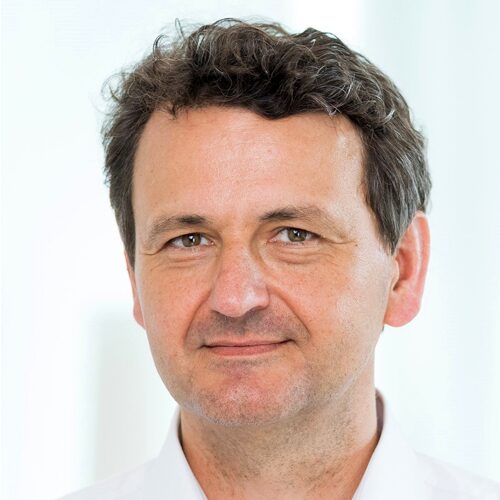What happens with our central democratic values like freedom, equality and truth in the digital society? Are we living in times that strengthen democracy by expanding participation and interaction or do we rather witness democracy’s downfall through fragmentation and acceleration? Are citizens empowered by more inclusive participatory means or are they just a pawn in the hands of the new digital forces? How does the public sphere fulfill its function of forming a societal self-understanding in times of hate speech and fake news? Who is responsible for realizing what society expects both of and in the internet? Is facebook just a media company – and how does traditional media need to develop itself?
Christoph Neuberger analyses the transformation of societal communication conceptually and empirically since more than 20 years. In his lecture he recapitulated general and immediate developments. He showed that we are indeed in the midst of a fundamental change – but at the same time not everything is completely novel.
Christoph Neuberger is a full professor for communication science at the Institute for Media and Communication Studies at the Freie Universität Berlin and the executive director of the Weizenbaum Institute for the Networked Society, Berlin.
After his graduation in journalism, dissertation and habilitation at the Katholische Universität Eichstätt he had a visiting professorship at the Universität Leipzig (2001/02) and was a professor at the Ludwigs-Maximilians-Universität München (2011-2019) and the Westfälische Wilhelms-Universität Münster (2002-2011).
He is a regular member of the Bavarian Academy of Sciences and Humanities (BAdW) and the National Academy of Science and Engineering (acatech).
His fields of research include the Internet public sphere, online journalism, activities of the press and broadcasting media on the Internet, search engines, social media, media quality, and media regulation.
